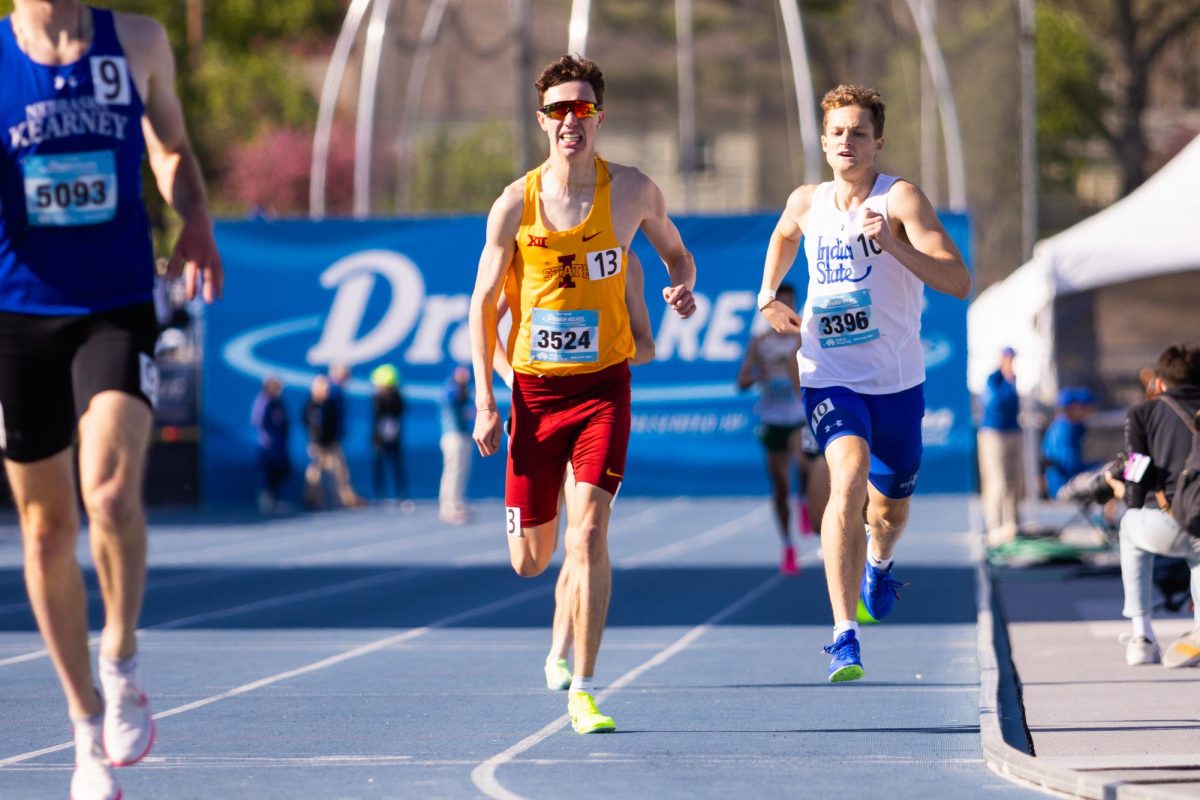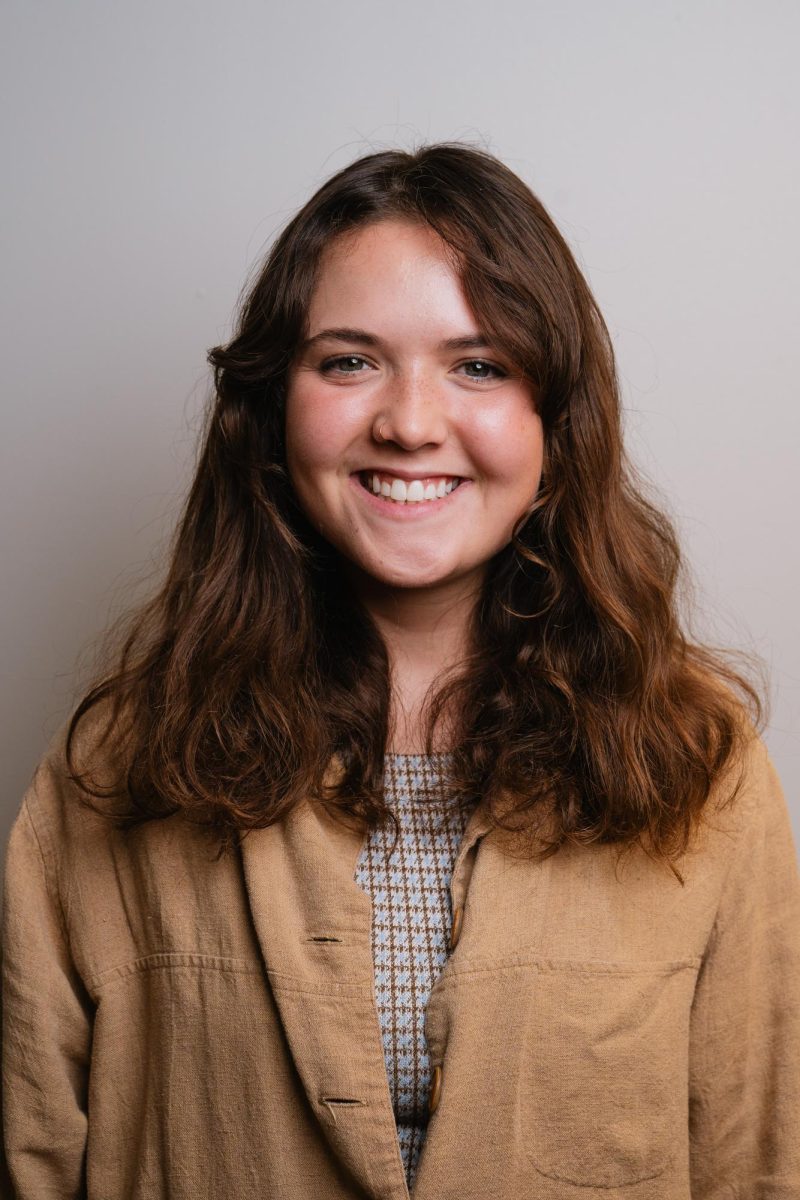Facing obstacles
October 25, 2006
No matter who you are, there is a chance that you will have to deal with some sort of physical or mental impairment at some point in your lifetime. The possibility may not sink in for some of you, but for Libby Carstensen, that possibility became a reality.
Carstensen, senior in hotel, restaurant and institution management, is one of the many physically disabled students at Iowa State. At the age of 15, Carstensen was diagnosed with acute lymphoblastic leukemia.
After undergoing chemotherapy, she began to have seizures due to her medication. The inflammation of her spinal cord and the effect of malignant cells in her nervous system impaired her walking.
“I was in four sports: volleyball, basketball, track and soccer, all through high school,” Carstensen said, “Accepting that I couldn’t do those things anymore . that was probably one of the hardest things.”
Immediately following her recovery, Carstensen could only get around in a wheelchair. After more therapy and recuperation, she was able to progress from the chair to a walker, then to two crutches, and today she walks with only one forearm crutch.
Although her progress has stopped for now, there is still hope that she could someday walk without any assistance.
“The doctors say to give it time,” Carstensen said, “but that answer is not always very fun to hear.”
When it came time to decide which college to go to, the decision was easy. Both of her parents had gone to Iowa State and she said the school’s Disability Resources department was surprisingly more personal than any small schools she had visited.
“I don’t think I would’ve been able to make it if I would have gone to a private school,” Carstensen said. “They wouldn’t have been able to give me all of the accommodations that I get.”
Disability Resources has been able to help by allowing her to register for classes early and getting class locations that are close to one another, Carstensen said. They’ve even been able to help with snow removal.
“They scoop my path first before they scoop everyone else’s,” Carstensen said. “They’ve been very supportive.”
Although Iowa State has done a great job of making her education as easy as possible, she still faces obstacles, which encompass more than just talking on the phone and opening a door at the same time.
Carstensen said she sometimes feels more disabled when she sees people doing the things she can’t do anymore.
“I see people going up and down steps a lot faster than I am,” Carstensen said, “Just seeing people walk past me, I’m just like, okay . I’m a little slower.”
As the years have gone by, she has been able to cope better with her physical disability.
Today, she doesn’t care what people think. As a high school girl, however, it was harder.
“At first it was really awkward because I wasn’t used to it,” Carstensen said, “[I get] a lot of stares and a lot of younger kids are really scared about it.”
Carstensen said that she wishes students at Iowa State would be more aware of the prevalence of disabilities on campus. People need to treat others the way that they would like to be treated if they were in that situation, Carstensen said.
“Stop staring,” Carstensen said. “Treat us like real people. That’s who we are. The only thing that is different is our disabilities.”
Carstensen said being disabled has made her mature more quickly and has made her appreciate things in life a lot more. She said that she aspires to someday work for a hotel or resort, probably in the South where it is warmer.
Although she has faced many challenges and complications in her life thus far, Carstensen said she is well on her way to accomplishing her dreams. Adversity is an issue to any person with disabilities, but she has learned to love herself the way she is regardless of what other people think.
“I am who I am, and I have to accept that,” Carstensen said.
















